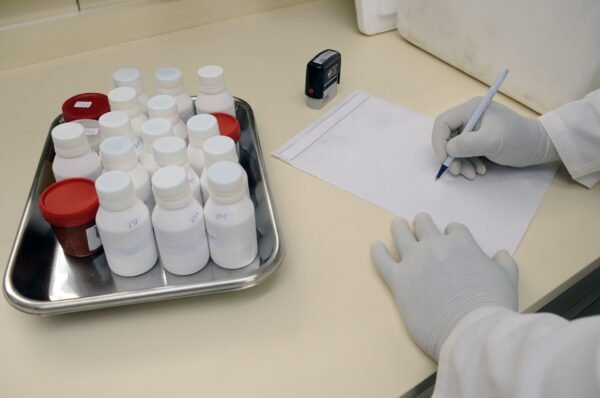
How a Misdiagnosis Can Change Your Life

When we have a health concern, our instinct is to go to the doctor. We seek a medical expert’s advice to help identify the cause of the issue. They are experts in the medical field, so they are the most well-versed in dealing with the symptoms you are experiencing.
Early diagnosis is commonly used when referring to our health. Identifying an underlying health condition in its earliest stages enables treatment to begin as soon as possible. This helps to increase the chances of success in resolving the issue.
However, what happens if medical experts get it wrong? With the NHS backlog continuing to grow, there are times when a health issue is not spotted, which can upset individuals. There are also occasions when those seen by a medical professional could experience a misdiagnosis.
If you have been misdiagnosed, read on to learn what you should do.
What To Do With A Misdiagnosis
Discovering that you have been misdiagnosed can cause a person to feel mixed emotions. There might be feelings of joy knowing that they are fine and well. Some may experience confusion about how it was possible to have been misdiagnosed, and others might be angry and upset over the news. Understandably, it is an overwhelming experience.
It is worth considering putting forward a misdiagnosis claims case. It will enable you to see the help and support you need to get the justice you deserve after enduring an emotionally distressing experience. Consider seeking the support of professionals who provide specialist services. Contact experts who have a wealth of experience in misdiagnosis claims and can offer help to you and your case.
Being misdiagnosed with a medical condition can significantly impact your life. It can alter how you live your life and stop you from working or doing things you enjoy. Some of the effects can have more of an impact on their lives than others. Regardless of the extent of the effect, individuals should not have to go through the life-changing experience a misdiagnosis can cause. There are many ways a misdiagnosis can change your life, and these are just a few of them.
Receive Incorrect Medication
Depending on the diagnosis, a medical expert may prescribe medication to treat the diagnosis they have given. There are risks to taking medication for a condition you do not have. Specific medicines can cause an individual to experience side effects, including experiencing low moods. An individual could experience these side effects without any of the benefits.
Impact Work Life
Those who work in more manual oriented roles may choose to step back from going to work after being diagnosed with a medical condition. It will vary between individuals and the medical condition they have been diagnosed with. Some might feel comfortable continuing working, whilst others might find the side effects of the medication they are taking are impacting their ability to work.
In addition to impacting their work life, their mental health could also be affected. If a person chooses to sign off from work due to their condition, it could impact their monthly income. This impacted income could cause pressures within their household, especially if they were the primary earner or if they lived alone.
Experience Emotional Distress
Hearing the news that you have a particular medical condition can be emotionally distressing. It could cause people to feel confused about the diagnosis and reflect on if there were any signs that they could have spotted earlier. If the treatment or medication they have been advised on does not appear to be working, it can be an emotionally distressing experience. It might be at this moment when they learn about their misdiagnosis.
The Bottom Line
Many misdiagnoses, a reported 58% of diagnostic errors in the UK occur during GP consultations. A medical misdiagnosis can come in various forms. It could be a delay from your doctor incorrectly diagnosing your condition. The longer the delay could cause your health or condition to worsen further. Another example is the failure to diagnose your condition. Not diagnosing the issue, similar to not diagnosing you correctly, could deteriorate your health. Another way is by receiving unsuitable or incorrect treatment.
A medical misdiagnosis can cause a person to experience further problems. One way to tell if you have been misdiagnosed is to seek medical attention from another health advisor. If your condition worsens, you may choose to seek emergency medical attention. During these assessments, they will likely inform you of the error made.
After being misdiagnosed, you should not have to go through the process alone. Reach out to friends and family for support and seek professional support for the misdiagnosis claim you put forward. These small steps will help you to return to some form of normality after an understandably distressing experience.














































